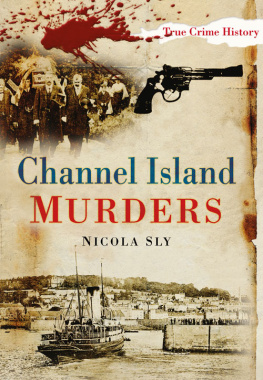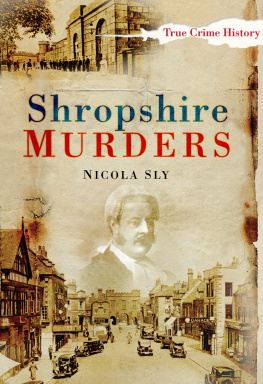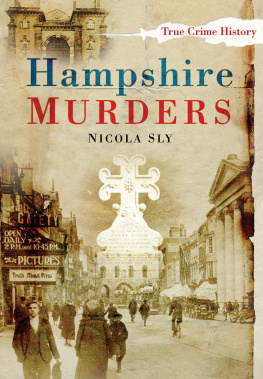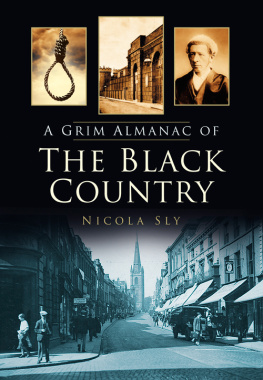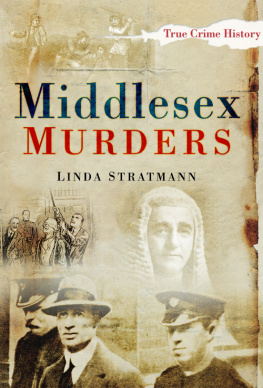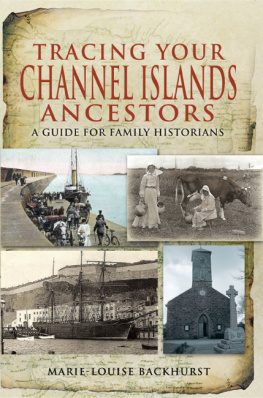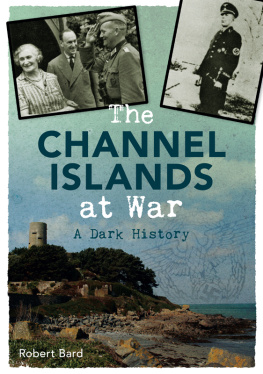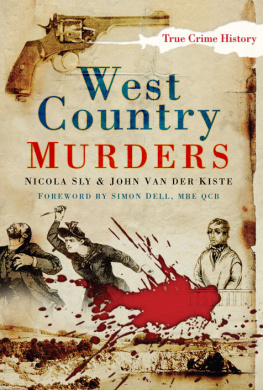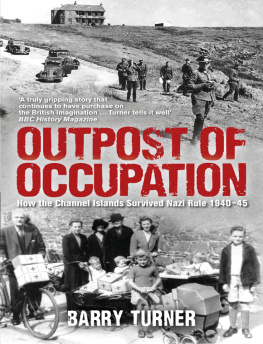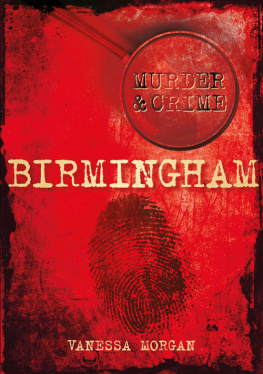
Unfortunately, I cannot pretend to understand the complexities of the law but in writing about historical murders from the Channel Islands, I discovered that the Islands have a different legal system to that of mainland United Kingdom, one which has roots in both British and French law. The Channel Islands consist of two Bailiwicks the Bailiwick of Jersey and the Bailiwick of Guernsey, which also encompasses Alderney and the smaller islands. The Islands are British Crown Dependencies, yet they enjoy judicial independence, with their own courts and judges and their own separate systems of law, which differ between the islands.
Historically there have been numerous reforms in the Island laws for example, it was not until November 1984 that the death sentence was officially repealed, after a man was sentenced to death in May of that year for the murder of a Portuguese farmworker in Jersey. The cases in this book date from 1829 to 1950 and during that period, there have been several revisions and changes in the way criminal trials were conducted. Both Jersey and Guernsey have separate Royal Courts, at which both civil and criminal cases are heard. Since 1864, murder trials in Jersey have been heard at the Criminal Assizes and, until 1948, the question of guilt or innocence was determined by Jurats ( see glossary). After 1948, a jury determined the outcome of the trial, although until relatively recently, sentencing remained the prerogative of the Jurats. In criminal trials in Guernsey the Judge the Bailiff, Deputy Bailiff or Lieutenant Bailiff sits with Jurats, who act as judges of facts. The Judge deals with issues of law and procedure and the Jurats decide the facts, such as whether to convict or not. The Judge and the Jurats together decide the sentence.
According to The Times in 1846, at criminal trials in Jersey, there was no oral testimony by witnesses. Instead, all evidence was taken down in writing before the judges of The Royal Court and the examination of witnesses was conducted by Her Majestys Law Officers on the Island, hence it could take many weeks before a Petty Jury was summoned to hear the case. The Petty Jury consisted of thirteen individuals the constable or head police officer of the parish in which the crime was committed and twelve persons whom he has chosen to assist in his general vigilance after the public welfare. Thus the jury, are neither more nor less than policemen who first seize a felon and then try him.
At the time of the article in The Times , every criminal accusation was first examined by a Petty Jury or Lendictmment , comprising the parochial constable and twelve of his officers, seven of whom must concur to find the defendant guilty
The prisoner had the right of appeal to a Grand Jury, known as La Grande Enqute which was made up from at least twenty-four people from three neighbouring parishes. The prisoner or his counsel could object to the inclusion of any member of the Grand Jury. Rather than finding verdicts of guilty or not guilty as in England, the Grand Jury gave a verdict of plutt coupable quinnocent (more guilty than innocent) or plutt innocent que coupable (more innocent than guilty).
The report in The Times concluded: It is a farce, however, to suppose that the jurors will enter the seat of justice with their minds unprejudiced against the unhappy defendant. Instead of making the jurors strain their eyes over dozens of pages of lawyers folios, it would be much more rational to hand them a copy or two of the Jersey Times the whole evidence against the ill-fated defendant has already been published in that journal.
As always, I am indebted to a number of people for their help in compiling this collection of true murders. I am especially grateful to the Jersey Evening Post for granting permission for me to use two of their photographs as illustrations. The staff members at the Jersey Reference Library, the Jersey Archive and Guernseys Priaulx Library were extremely helpful, as was Tom, our hotel porter from Guernsey, who willingly shared his encyclopaedic knowledge of the Islands history. I must also thank Matilda Richards, my editor at The History Press, for her help in bringing the book to fruition and, more than ever before, I must acknowledge my husband Richards invaluable assistance with the research and photography, particularly on our second visit to Jersey.

Funeral at Foulon Cemetery, Guernsey. (Authors collection)
Every effort has been made to clear copyright; however, my apologies to anyone I may have inadvertently missed. I can assure you it was not deliberate but an oversight on my part. It is also necessary to appreciate that, until 1950, trials were normally conducted in French, which can sometimes lead to errors and misunderstandings when the proceedings are subsequently reported in the English newspapers.
Nicola Sly, 2013
CONTENTS
Case One | 1829 |
Case Two | 1835 |
Case Three | 1836 |
Case Four | 1846 |
Case Five | 1846 |
Case Six | 1853 |
Case Seven | 1856 |
Case Eight | 1866 |
Case Nine | 1874 |
Case Ten | 1881 |
Case Eleven | 1883 |
Case Twelve | 1885 |
Case Thirteen | 1889 |
Case Fourteen | 1890 |
Case Fifteen | 1894 |
Case Sixteen | 1895 |
Case Seventeen | 1897 |
Case Eighteen | 1898 |
Case Nineteen | 1901 |
Case Twenty | 1906 |
Case Twenty-one | 1935 |
Case Twenty-two | 1947 |
Case Twenty-three | 1950 |
Advocates of the Royal Court: Advocates act as defence counsels, combining the role of barrister and solicitor.
Assize trial / Criminal Assize: Equivalent to English Crown Court trial.
Bailiff: The Chief Justice of the Royal Courts in Guernsey and Jersey. The Bailiff has a deputy, who has the same powers.
Centenier: A senior honorary police office in Jersey, with the power to charge an accused and present him/her before the Magistrates Court.
Commissioners: Part-time Judges in the Royal Court, Jersey, who have the same powers as the Bailiff when in court.
Conntable / Constable: The elected heads of the parishes in Guernsey and Jersey. (In Guernsey, a senior and a junior Conntable are elected.)
Constables Officer: The lowest rank of elected honorary police officer in Jersey.
Greffier: Clerk to the Royal Court.
HM: His/Her Majesty.
HM Attorney General: Responsible for bringing the prosecution in criminal cases in Jersey.
HM Comptroller: The equivalent of an English Solicitor General one of the two Law Officers of the Crown in Guernsey.
HM Procureur: The second Law Officer of the Crown in Guernsey, the equivalent of an English Attorney General, who is responsible for the prosecution of criminal trials.
Jurats: (from the Latin jurare to swear on an oath). The Jurats are judges of fact. Jurats are elected to their posts and are usually senior members of the community in good standing, serving a similar role to a Justice of the Peace or Magistrates in mainland United Kingdom. Prior to 1948, the Jurats served as judges of both fact and law, even though they had no legal training. Amongst other responsibilities Jurats determined sentences following a guilty plea or conviction, although an article from the Daily News of 1853 describes the Jurats as appearing in four distinct roles within the same trial:
Next page
